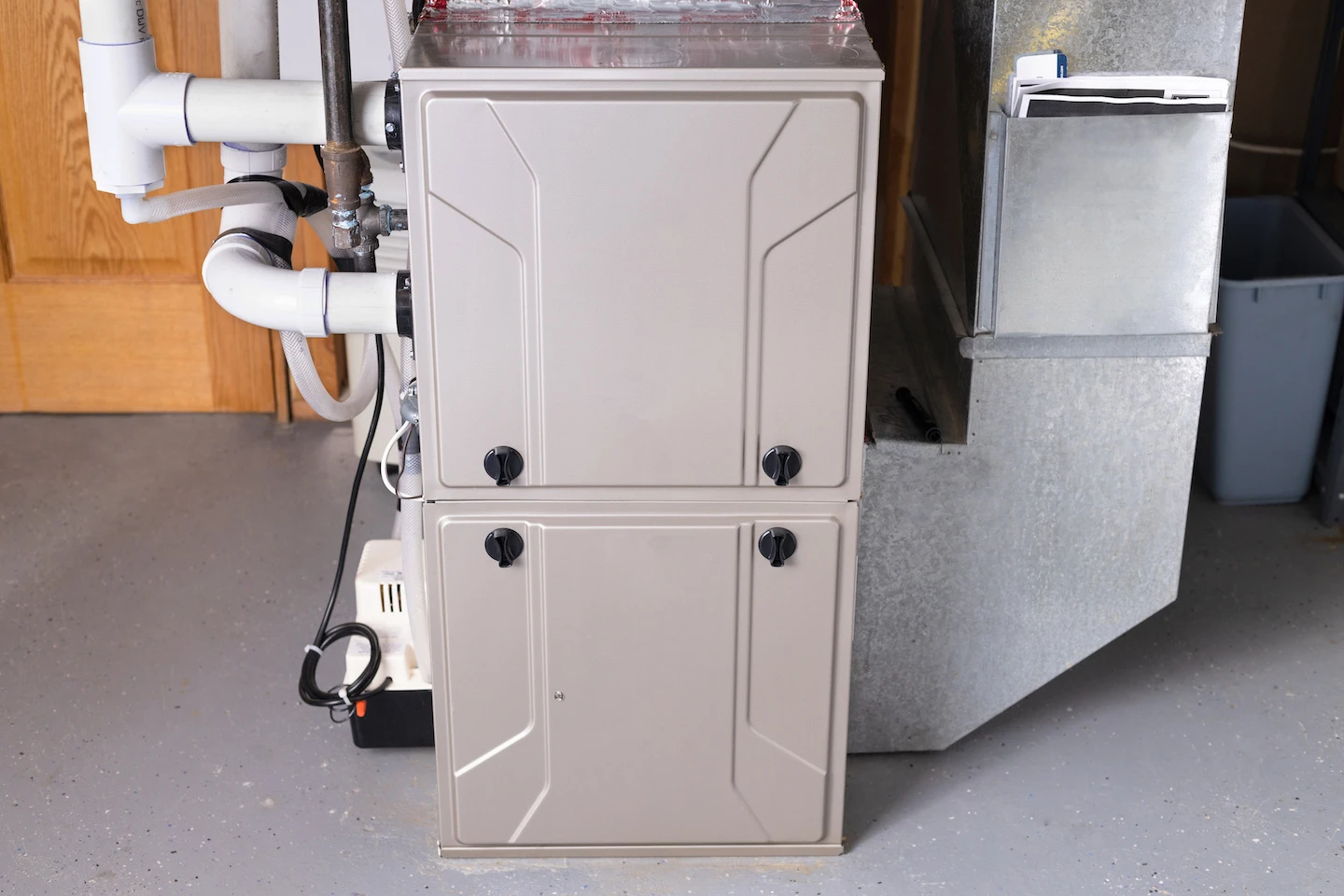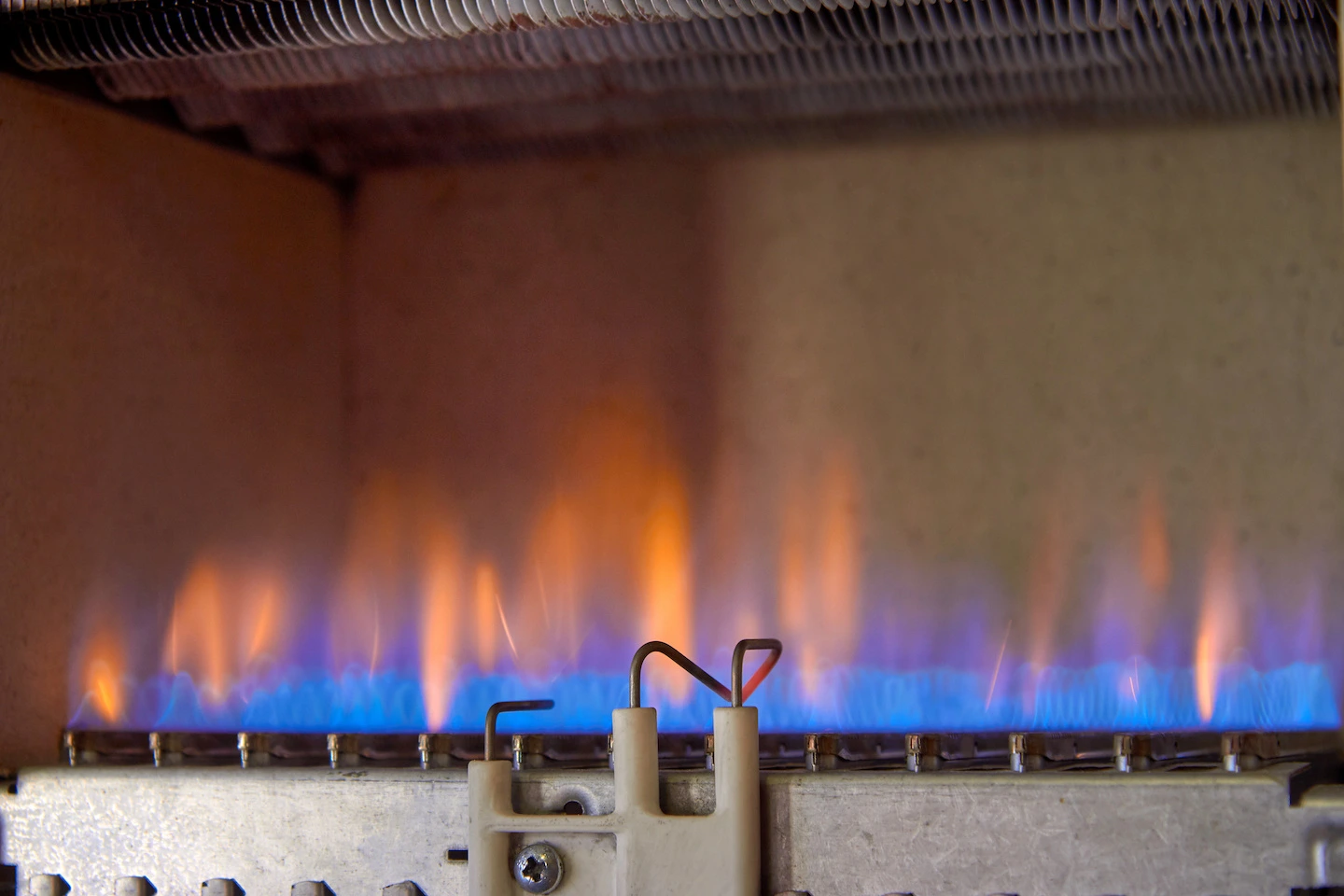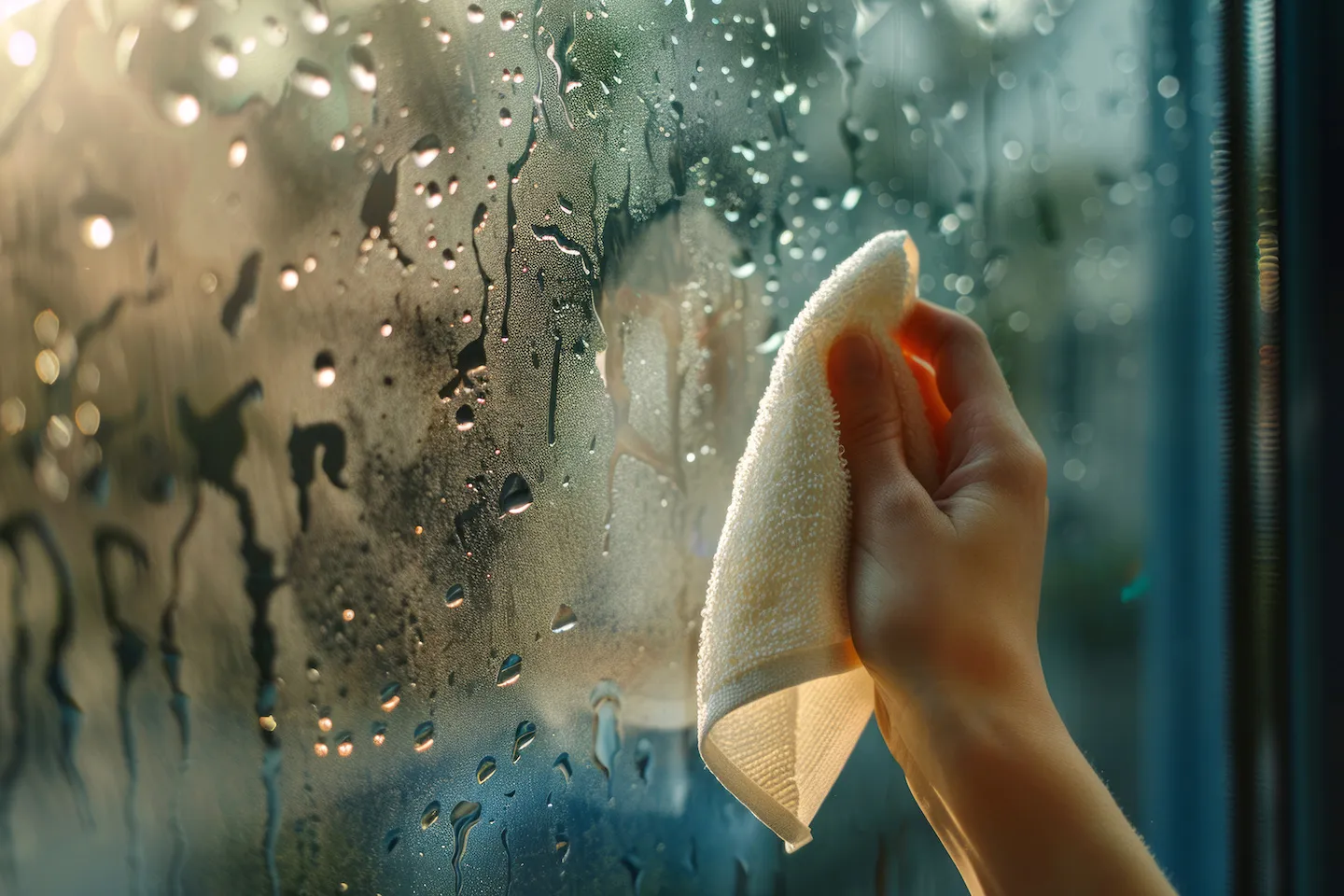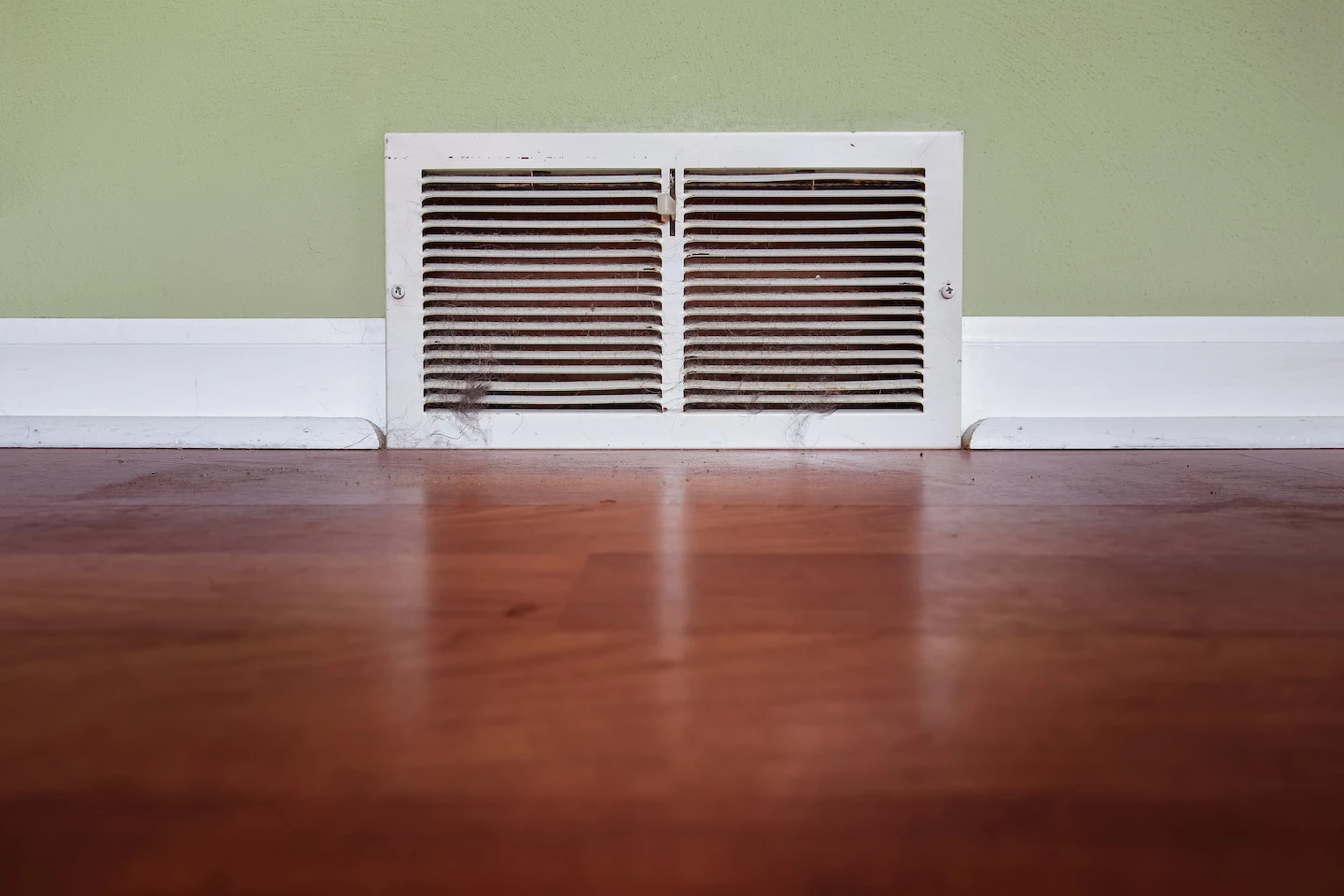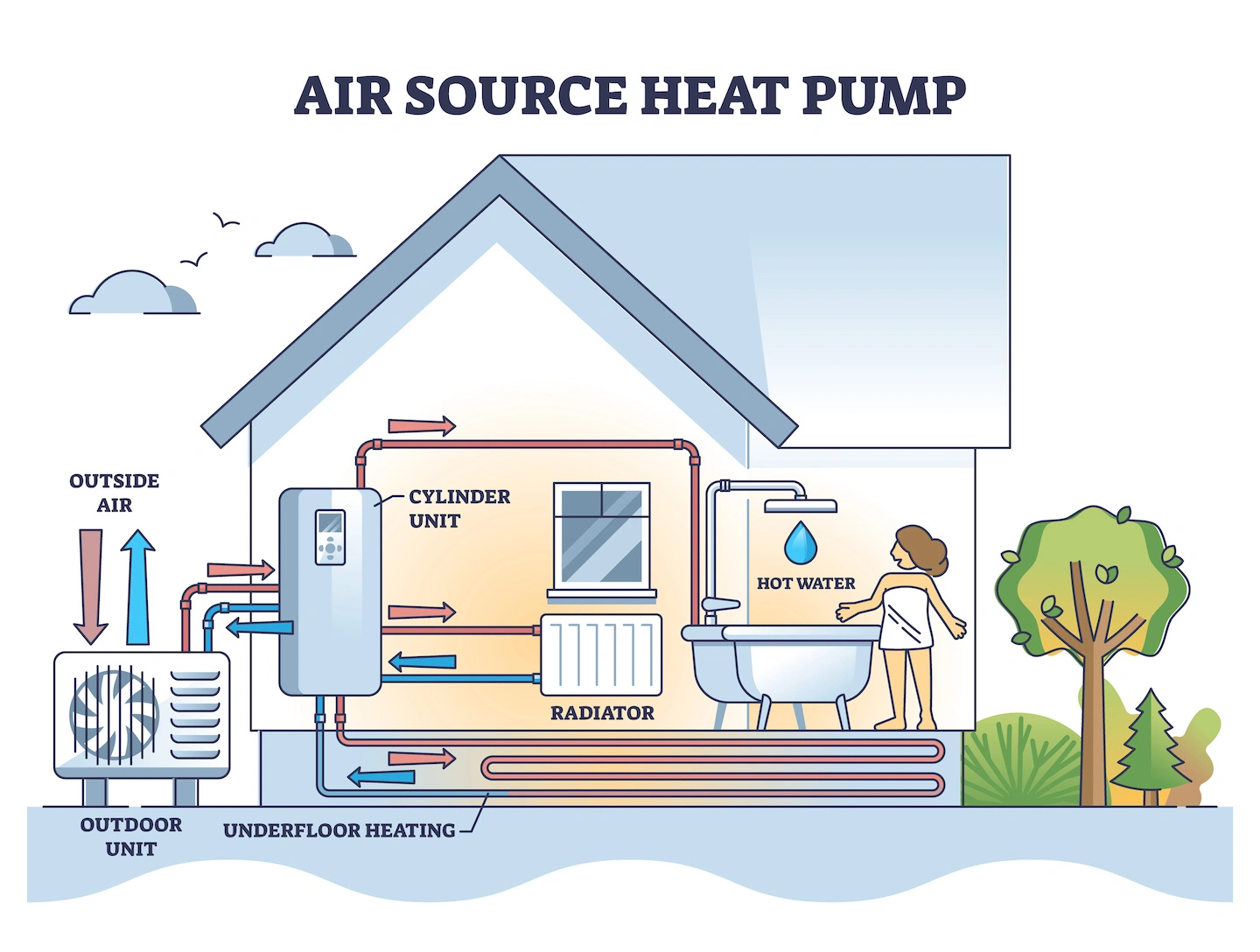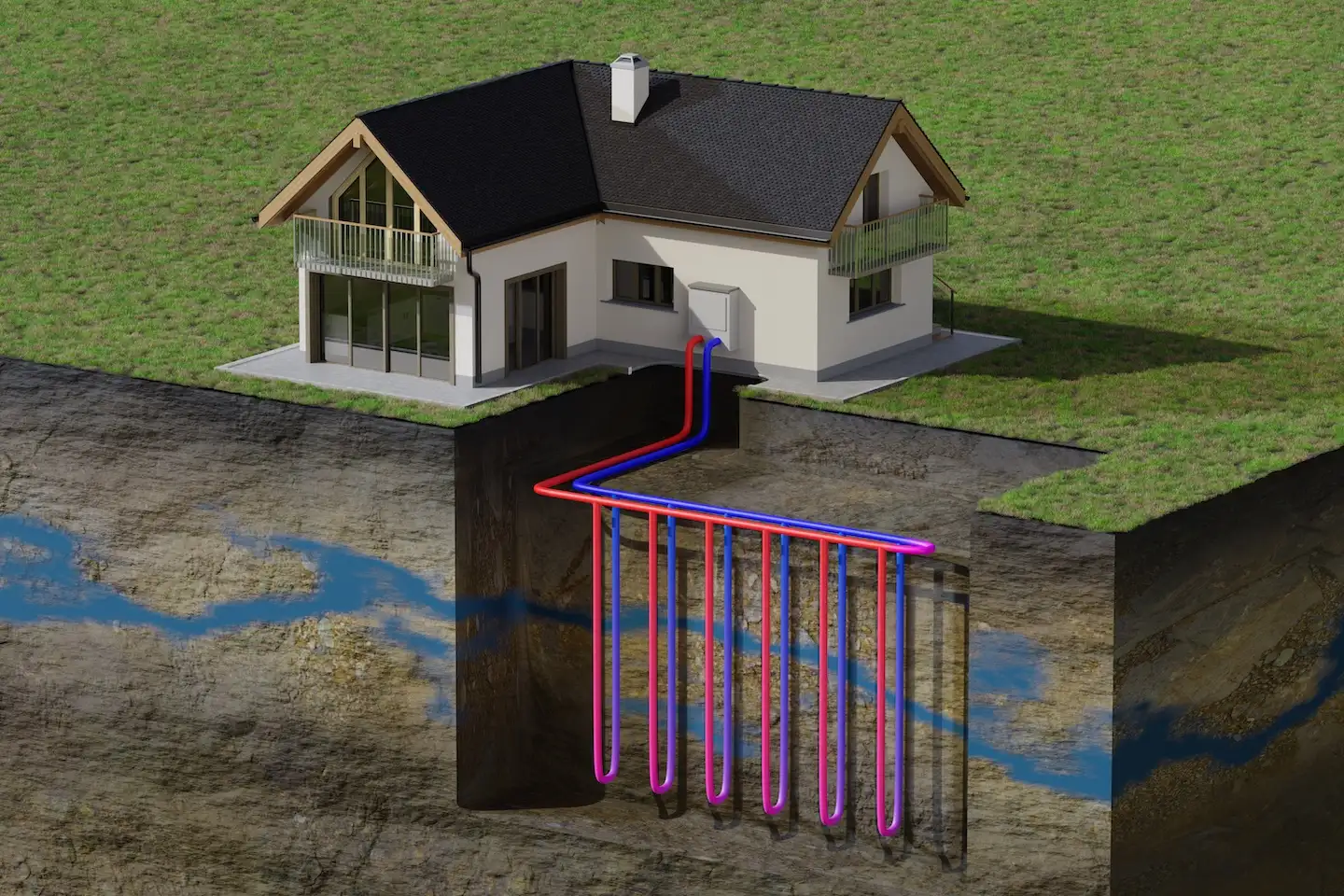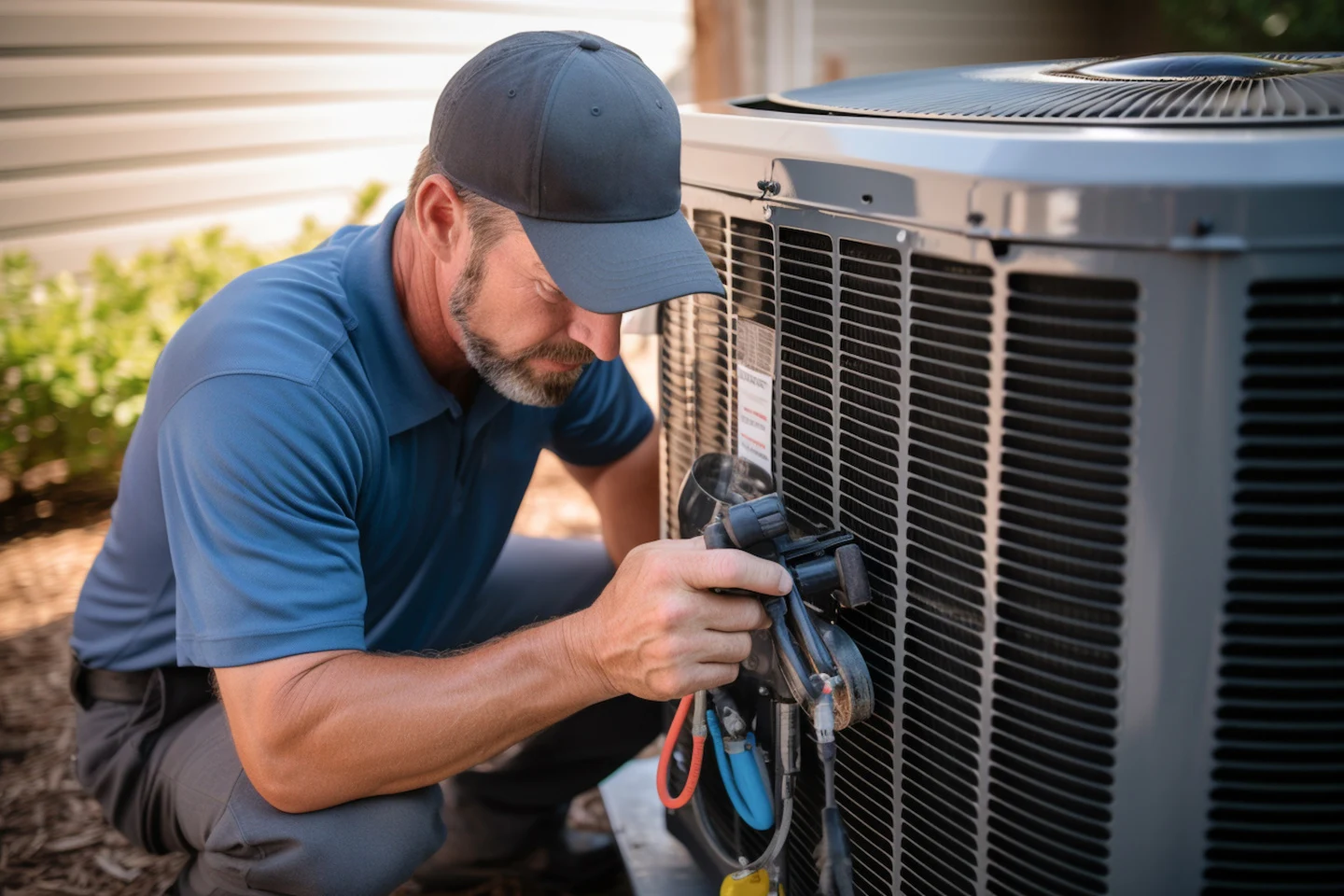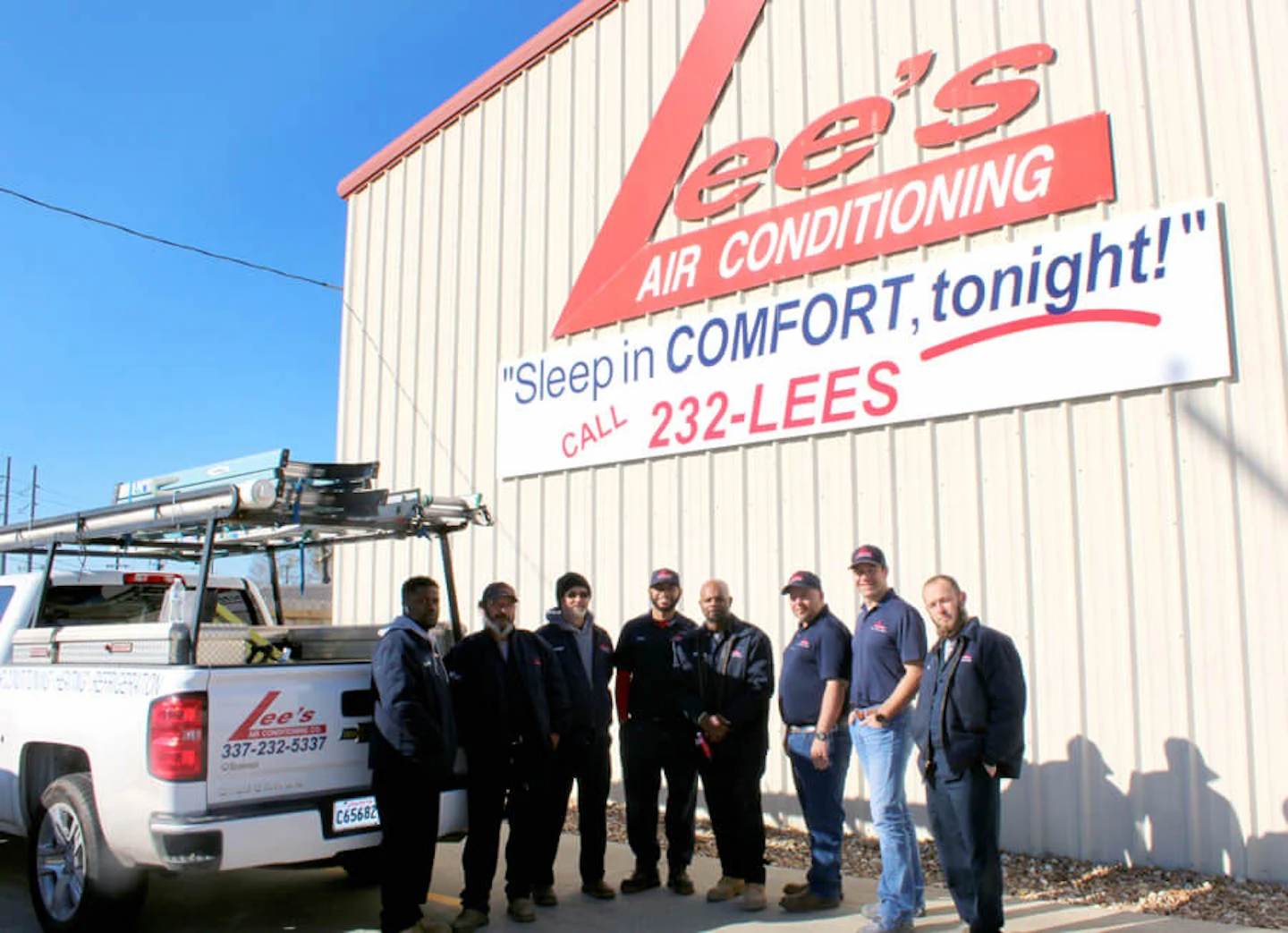Living in Lafayette, Louisiana, we all know the feeling: that first blast of humid heat hitting you the moment you step outside. On average, Lafayette, LA residents spend about $184 per month on electricity (which adds up to over $2,20 per year). And as those energy bills creep higher each month of the summer, you might find yourself wondering how to stay cool without emptying your wallet.
The good news is, there’s a sweet spot! Understanding the best AC temperature for energy saving is key for Lafayette homeowners looking to maximize comfort while minimizing costs. At Lee’s AC, we’re your local experts, and we’re here to help you find that perfect balance and achieve energy-efficient cooling in your home.
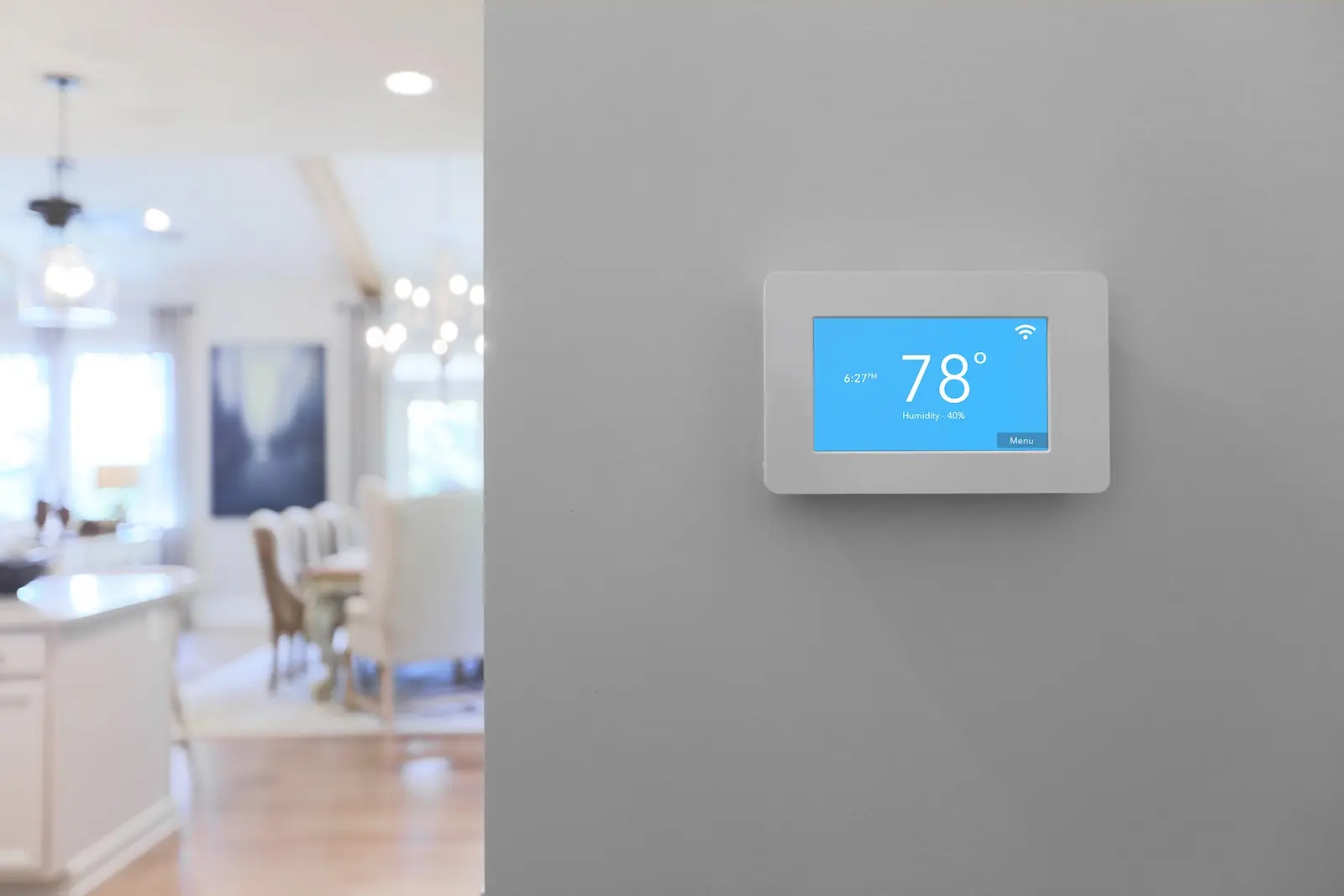
The Magic Number: 78°F and Why It Works
So, what is this magical number we keep hearing about when it comes to saving energy while staying cool? According to the U.S. Department of Energy, the best AC temperature for energy savings is 78 degrees Fahrenheit.
Why 78°F? It strikes a smart balance between comfort and energy efficiency. For most people, this temperature is still comfortable enough to feel relief from the Louisiana heat without forcing your air conditioning system to work overtime. It allows your unit to cycle on and off more efficiently, reducing the overall energy consumption compared to setting it at a much lower temperature.
How Raising Your Thermostat Saves You Money in Lafayette
Think of it this way: for every degree you raise your thermostat above 72°F, you can save 1% to 3% on your cooling costs on average. Now, in Lafayette, where the AC often runs for a good chunk of the year, those percentages can really add up.
Let’s imagine your average summer energy bill in Lafayette is around $200. If you typically keep your thermostat set at 72°F and decide to comfortably raise it to 75°F – just a three-degree difference – you could potentially save between 3% and 9% on that bill. That’s a savings of $6 to $18 each month! Over the entire cooling season, those small adjustments can lead to a noticeable chunk of change back in your pocket.
It’s easy to think that a few degrees won’t make much of a difference in your comfort, but often, with the help of ceiling fans to circulate the air, you might not even notice the slight increase in temperature. The key takeaway is that even a small shift in your thermostat setting can have a surprisingly positive impact on your energy consumption and your wallet throughout our long, hot Louisiana summers.
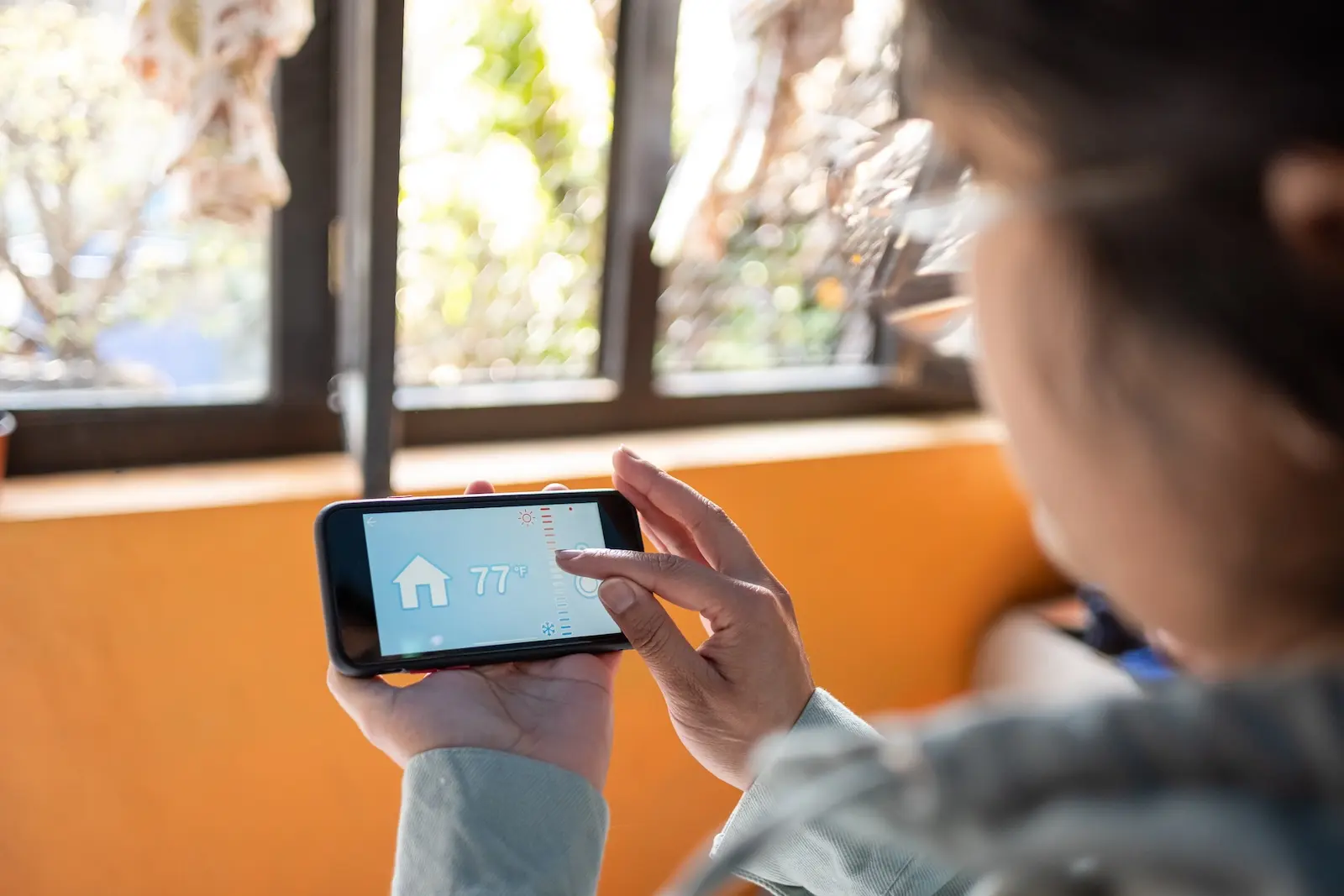
The Best AC Temperature for Energy Savings When You’re Away
Why cool an empty house? When you’re heading out for work, running errands around Lafayette, or taking a day trip, there’s no need to keep your home at your occupied comfort level. A smart way to save energy is to adjust your thermostat upwards when you’re away. We recommend setting it to around 82-85 degrees Fahrenheit when no one is home.
While it might seem counterintuitive to let your house get warmer, it’s actually much more energy-efficient than trying to maintain a cool temperature in an empty space. Your AC system works hardest when it’s trying to lower the temperature significantly. By allowing the indoor temperature to rise a bit while you’re gone, your AC won’t have to work as hard or run for as long to bring it back to a comfortable level when you return. This simple habit can lead to noticeable savings on your energy bills over time, especially during those long, hot Louisiana days.
This becomes even easier when you have a programmable thermostat. With a programmable system, you can set your thermostat to reach a higher temperature at the time you plan to leave, or shortly after. Conversely, you can set your home to begin cooling by a couple of degrees about 30 minutes before you arrive back home.
If you do this everyday before leaving for work, the savings could be significant. More specifically, homeowners can save as much as 10% a year on heating and cooling costs by turning their thermostat back 7°-10°F from its normal setting, for 8 hours a day.
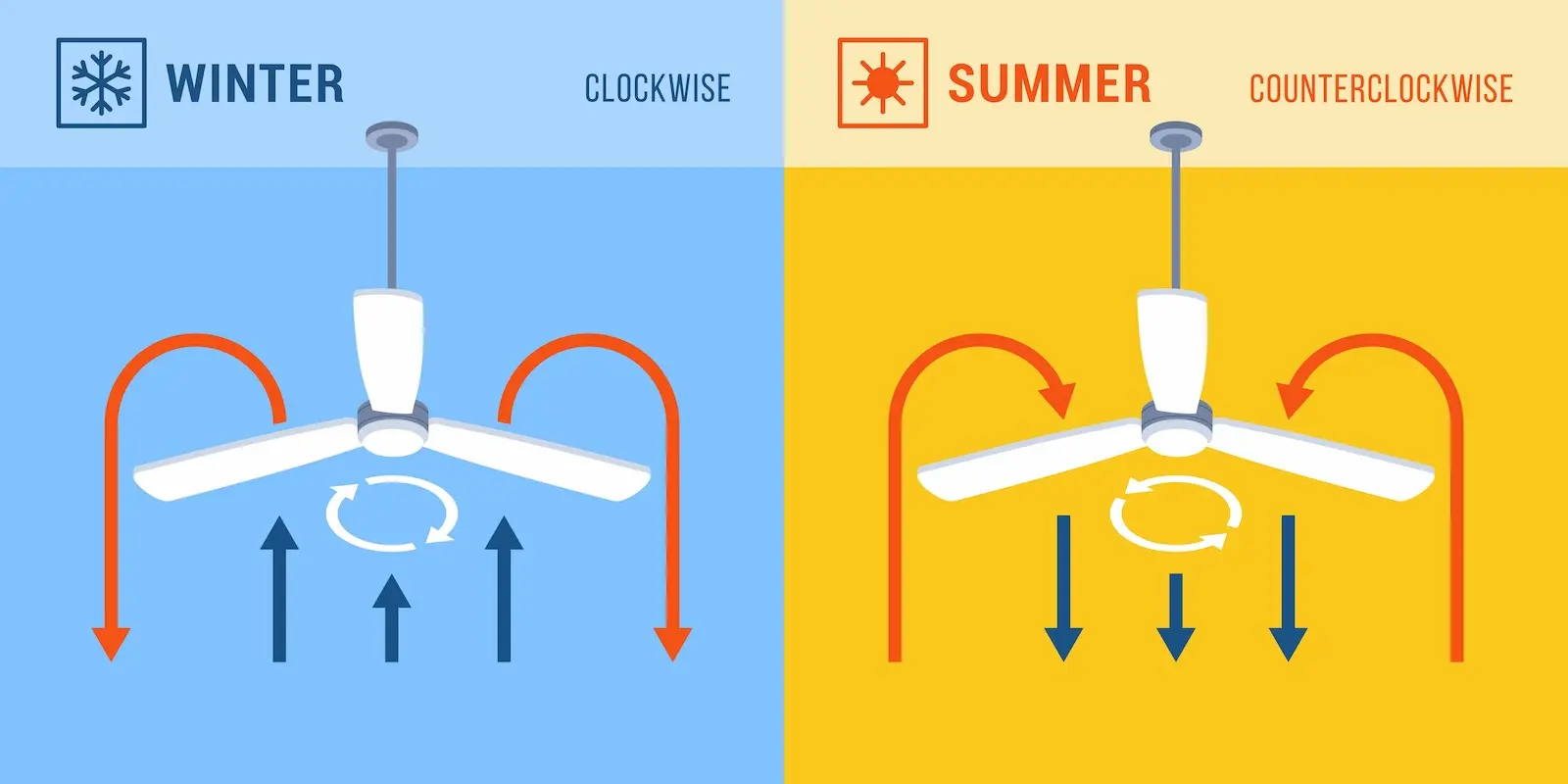
Smart Strategies to Complement Your Thermostat Setting
- Using Fans Effectively: Ceiling fans create a cooling breeze by circulating the air, which helps evaporate sweat and makes you feel cooler. It’s important to check your ceiling fan direction to ensure maximum efficiency in the summer vs winter. Remember, fans cool people, not rooms, so turn them off when you leave.
- The Importance of a Programmable/Smart Thermostat: These thermostats allow you to automate temperature adjustments based on your daily schedule. You can program them to raise the AC temperature while you’re away at work or sleeping, and then automatically cool it down before you return or wake up, optimizing energy savings without sacrificing comfort when you need it.
- Home Maintenance for Efficiency: Regularly maintaining your AC system is crucial for energy savings. A key aspect of this is ensuring you have clean air filters. Dirty filters restrict airflow, making your AC unit work harder and use more energy. Lee’s AC offers professional AC maintenance services to keep your system running efficiently.
- Sealing Air Leaks: Check for and seal any air leaks around windows, doors, and ductwork in your home. These leaks allow cooled air to escape and warm, humid air to enter, forcing your AC system to work harder and increasing your energy bills. Sealing these drafts is a cost-effective way to improve energy efficiency.
Lee’s AC: Your Partner in Energy-Efficient Cooling in Lafayette
When it comes to achieving the best AC temperature for energy saving and maximizing your home’s cooling efficiency in Lafayette, look no further than your local experts at Lee’s AC. We’re not just about keeping you cool; we’re dedicated to helping you do it in the most cost-effective and energy-conscious way possible. Our team understands the unique climate challenges of Acadiana and can provide tailored advice and services to optimize your AC’s performance.
Lee’s AC offers a range of services designed to enhance your energy efficiency. From professional AC maintenance to ensure your system is running at its peak, to the expert installation of smart thermostats that automate your energy savings, we’ve got you covered. We can also assess your home for potential energy-wasting air leaks and provide duct sealing assessments to keep that precious cool air inside where it belongs.
Our commitment is to the Lafayette community. We believe in providing reliable, expert service that not only keeps you comfortable but also helps you save money on your energy bills. Trust Lee’s AC to be your partner in achieving the perfect balance of cool comfort and energy savings in your home.



